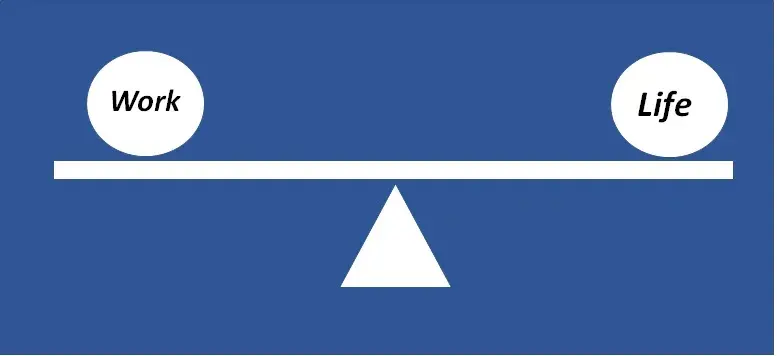Suvarna is the leader of a support team that supports a enterprise software for project management. Working hours for her team are from 9:00 am to 11:00 pm as they support customers in India and UK. While most of her team members work from 9:00 am to 6:00 pm which are Indian office hours, some members work from 2:00 pm to 11:00 pm ensuring support to clients in UK. Suvarna usually comes to office at 9:00 am and leaves at 6:00 pm. However, many times her team members working in the evening, call her for consultation and to get her approval for any important decision they make. Suvarna has a son whom she helps in studies. She also wants to help her husband in his business and is keen on maintaining the house in a good condition. Because of calls from her evening team members, she is not able to do justice to the requirements of her family and that is creating stress in her life. Although she likes her job and is executing it well, earning appreciation from her supervisor; she is thinking of changing her job. If you were her supervisor, what will be your advice to her? How will you manage to retain a competent team member like Suvarna?
Solution
Primary reason that is causing stress to Suvarna is the excessive number of calls from her evening team members. Either her team is not competent or is not empowered with right level of delegation. Suvarna’s supervisor needs to find out the right reason behind this situation and fix it. One of the measures the supervisor needs to take is to ensure that among the evening members there is at least one competent team member who can help others in technical matters; eliminating need to call Suvarna for any technical questions. The team should have a working agreement on what decisions they can make on their own and in which exceptional situation they would call Suvarna. These measures would lead to significant reduction in the calls to Suvarna and will help in restoring work life balance for her.




